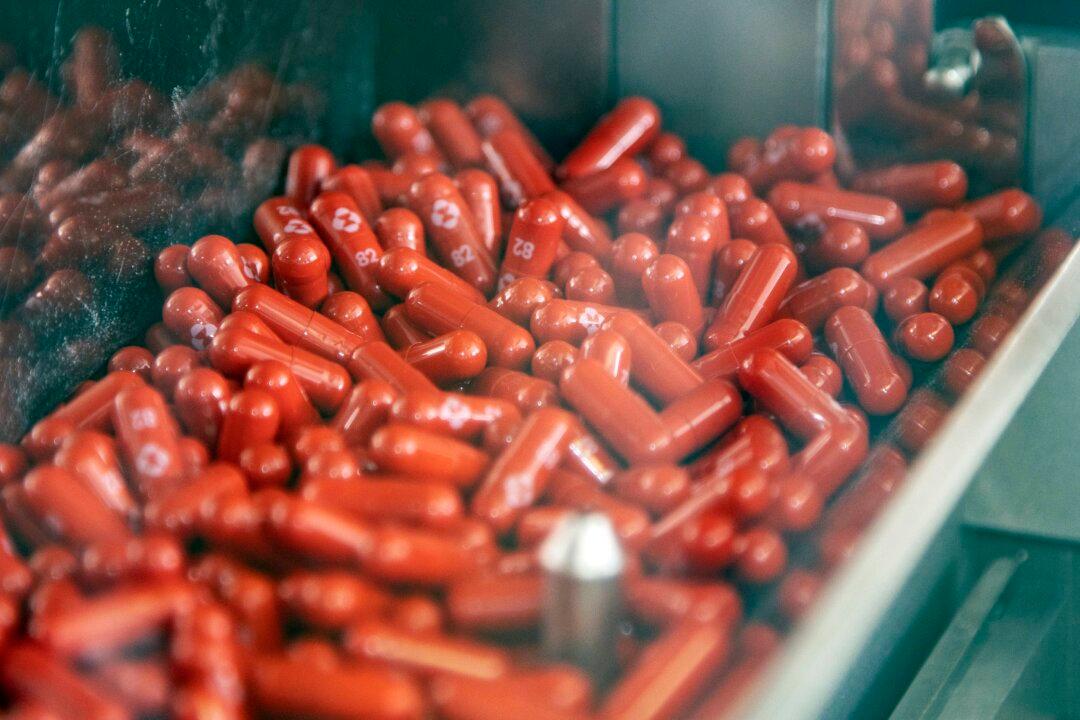Results from a clinical trial show that Merck’s antiviral pill for COVID-19 is effective, the company said Friday.
The antiviral, molnupiravir, cut the risk of hospitalization or death in half for adults who were deemed at risk but not hospitalized, according to a planned interim analysis of the trial.






